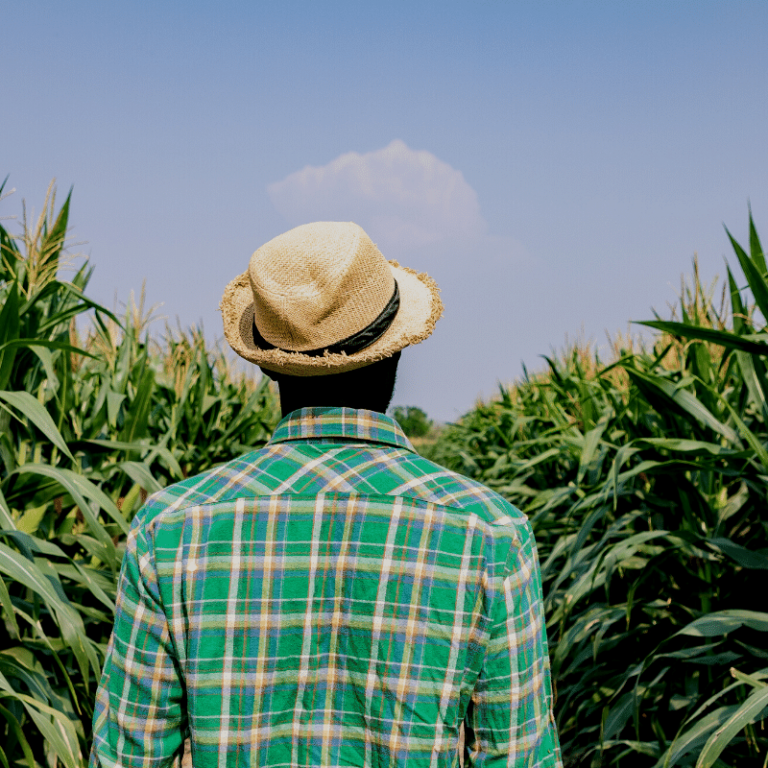Controlling Weeds and Insects are Critical to Protecting Your Maize Yield
How to Manage Weeds?
Weeds control is important in a maize field because they compete with maize plants for water, nutrients and access to sunlight, especially during critical stages of cultivation. If left unchecked, they can reduce maize yield by up to 30%. Weeds can be controlled in two main ways: chemical control or mechanical control.
- Chemical Control: To help control weeds in maize we recommend the use of pre-emergent herbicides. The ideal timing is within 48 hours after sowing. Also a post-emergence herbicide application can be made at the 4-6 leaf stage. Our varieties are tolerant with herbicides made with Nicosulfuron and Rimsulfuron which makes your crops safer following the use of these products. Be careful, however, to use herbicides specially recommended for corn cultivation !
.png)
- Mechanical Control: Weed control in maize can be done mechanically by hoe up to the 5-6 leaf stage. Beyond this stage, there is a risk of damaging the plants when passing through the field with the tractor. You can also manage weeds manually with the daba by weeding the plants.
How to Control Insects?
It important to control insects in the field to prevent the maize from being destroyed by bugs or allowing fungal diseases from taking hold. A major problem facing maize farms today is the prevalence of fall armyworm (FAW).
FAW is an insect whose female lay their eggs generally under the leaves. After hatching, the caterpillars feed mainly on maize leaves and later on the cobs. When the caterpillars attack young maize plants, they stop the development of the plant. Left untreated, this insect can completely destroy your field.
Recommendations:
- A FAW preventive treatment should be applied 14 days after sowing with a suitable insecticide to be repeated every 2 weeks until flowering.
- For treatment to be effective, it is best to apply the pesticide in the morning or at the end of the day.
.png)
Recommended uses for phytosanitary products
When using chemical control options, it’s important to respect the recommendation.
- Read and follow the label instructions and apply the recommended dose. Exceeding the label dose can have a negative effect on your crop.
- Use protective equipment to protect your health. This means gloves, overalls and a mask.
- Proper sprayer clean-out is important. When you have finished using a chemical product, remember to rinse your sprayer with water to remove all traces of the product.
.png)
To get agronomic advice or obtain seed, contact your local MAS Seeds representative.
A lire aussi




